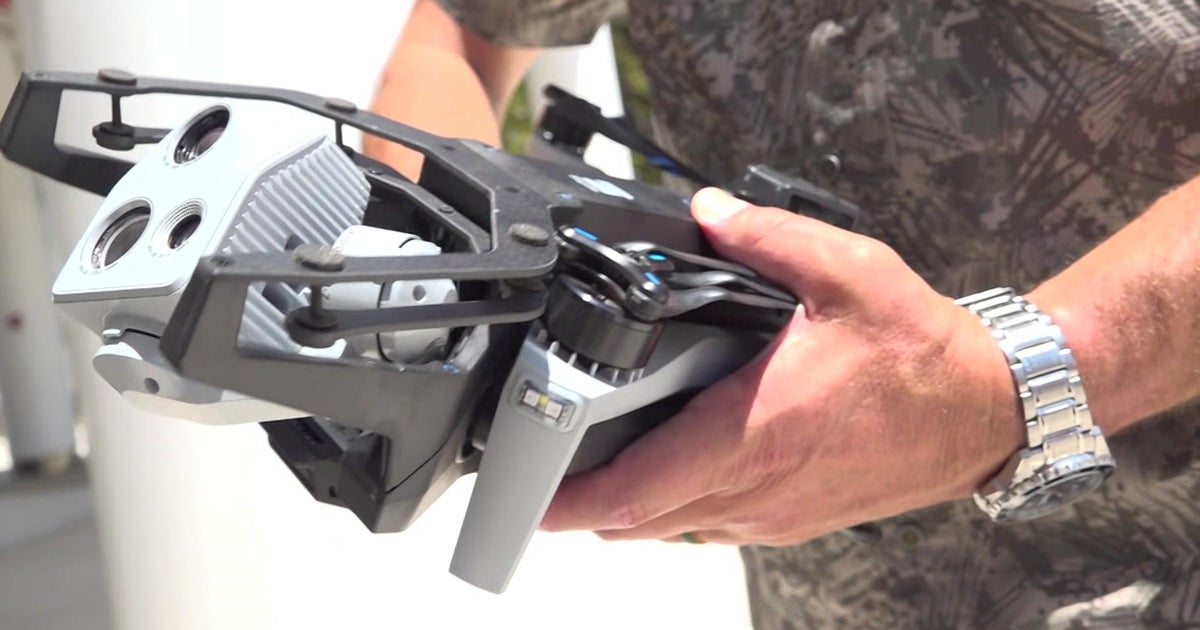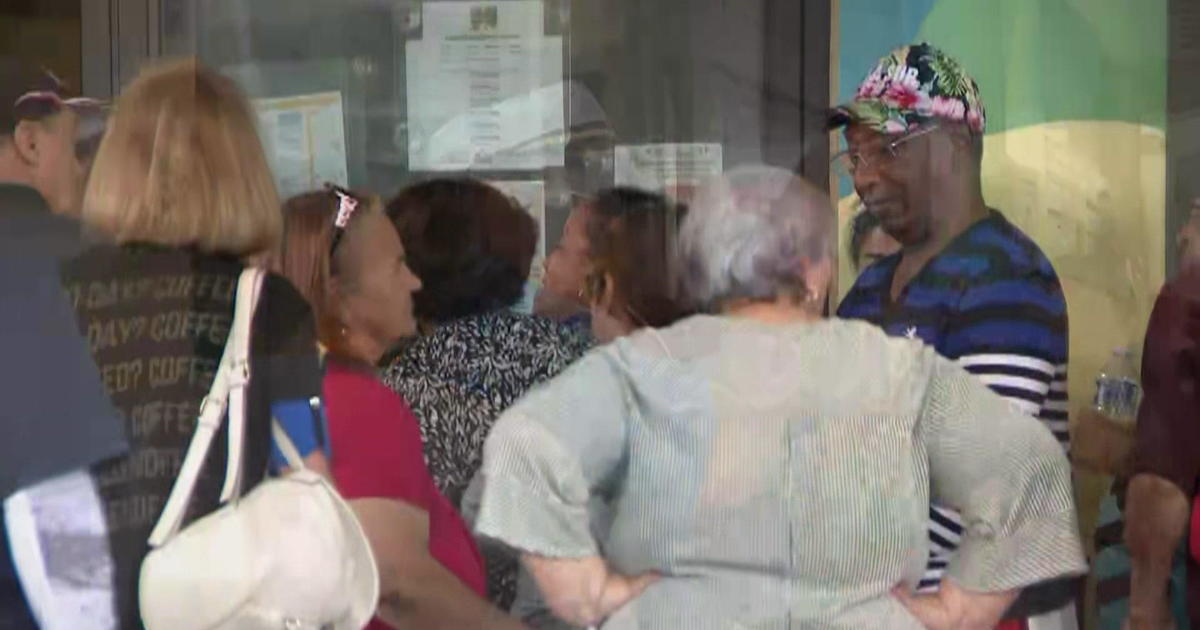Why Americans Shouldn't Panic Over Ebola
MIAMI (CBSMiami) - Government officials are telling Americans they shouldn't panic about Ebola spreading from West Africa to the U.S.
Dr. William Schaffner of the Vanderbilt University Medical Center said the U.S. is well prepared to handle such a disease.
"Our medical care providers are all schooled in infection control. We have all the equipment, we've all been trained so they can do that safely," he said.
CLICK HERE To Watch The Report
Besides the doctors' preparedness in stopping the transmission of Ebola, the disease itself does not spread easily.
Patients infected with Ebola are not contagious until they actually show symptoms. Even then, the virus requires direct contact with bodily fluids like blood or vomit.
If an Ebola patient sneezes or coughs on someone, their saliva or mucus must come in contact with the person's eyes, nose or mouth to possibly transmits the virus.
However, Schaffner warned the family of the U.S. victim is at the highest risk to contract the disease.
"They are helping to nurse that patient, so there may have been some direct exposures there," he said.
Anyone in close contact with a carrier must be closely watched for three weeks for symptoms which include fever, nausea and vomiting.
Researchers are working on anti-Ebola drugs and vaccines, but they are still considered experimental.
Ebola isn't always deadly. Half of those infected in Africa have survived. Doctors stateside said the medical care in the U.S. would save even more lives.
RELATED CONTENT:



